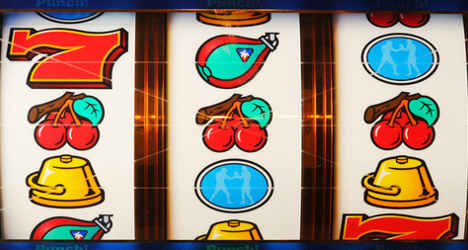"The transaction creates the world's leading end-to-end gaming company, uniquely positioned to capitalize on opportunities across global gaming market segments," GTECH, which runs Italy's national lottery, said in a statement.
Marco Sala, the Italian company's chief executive, was quoted as saying: "It will increase our global scale".
The deal, which is expected to go through in the first or second quarter of 2015, values Las Vegas-based IGT at a total of about $6.4 billion including existing debt.
IGT and GTECH will be combined in a new Britain-based holding company. For each share of IGT common stock, shareholders will receive $13.69 in cash plus 0.1819 shares in the new company under the preliminary agreement. The deal still has to go before the two companies' boards.
IGT chief Patti Hart, who would stay in the new company's board, said the agreement was "a result of our exploration of strategic alternatives to maximise shareholder value".
GTECH, which provides gaming technology around the world, had approximately €3.1 billion in revenues and 8,600 employees with operations in 60 countries in 2013.
IGT builds traditional slot machines but is also increasingly active in internet gaming. The company had revenues of $2.34 billion in 2013.
Italy is one of the world's biggest gambling markets, which has grown further during a just-ended devastating recession.
Campaigners have called for more regulation and government action to clamp down on rampant gambling addiction.



 Please whitelist us to continue reading.
Please whitelist us to continue reading.
Member comments